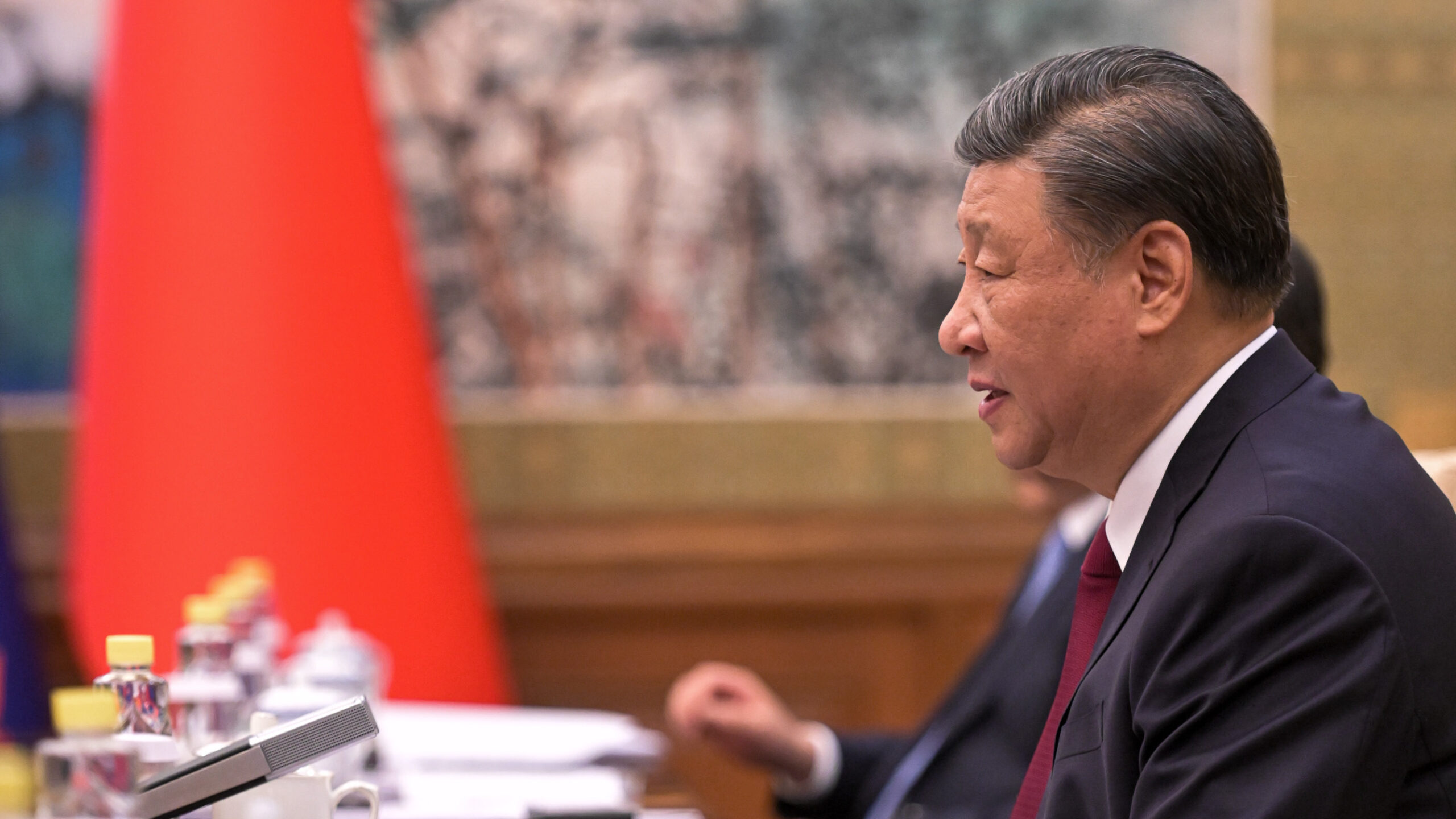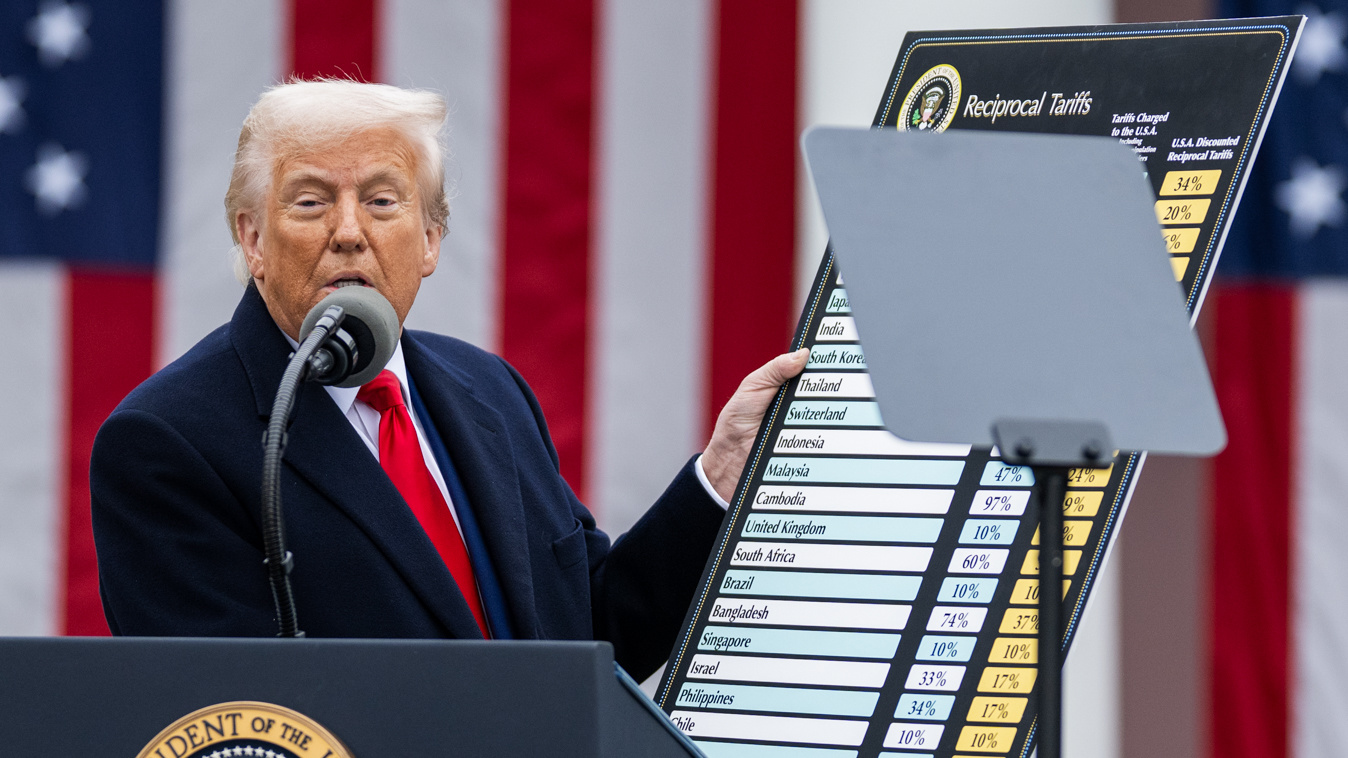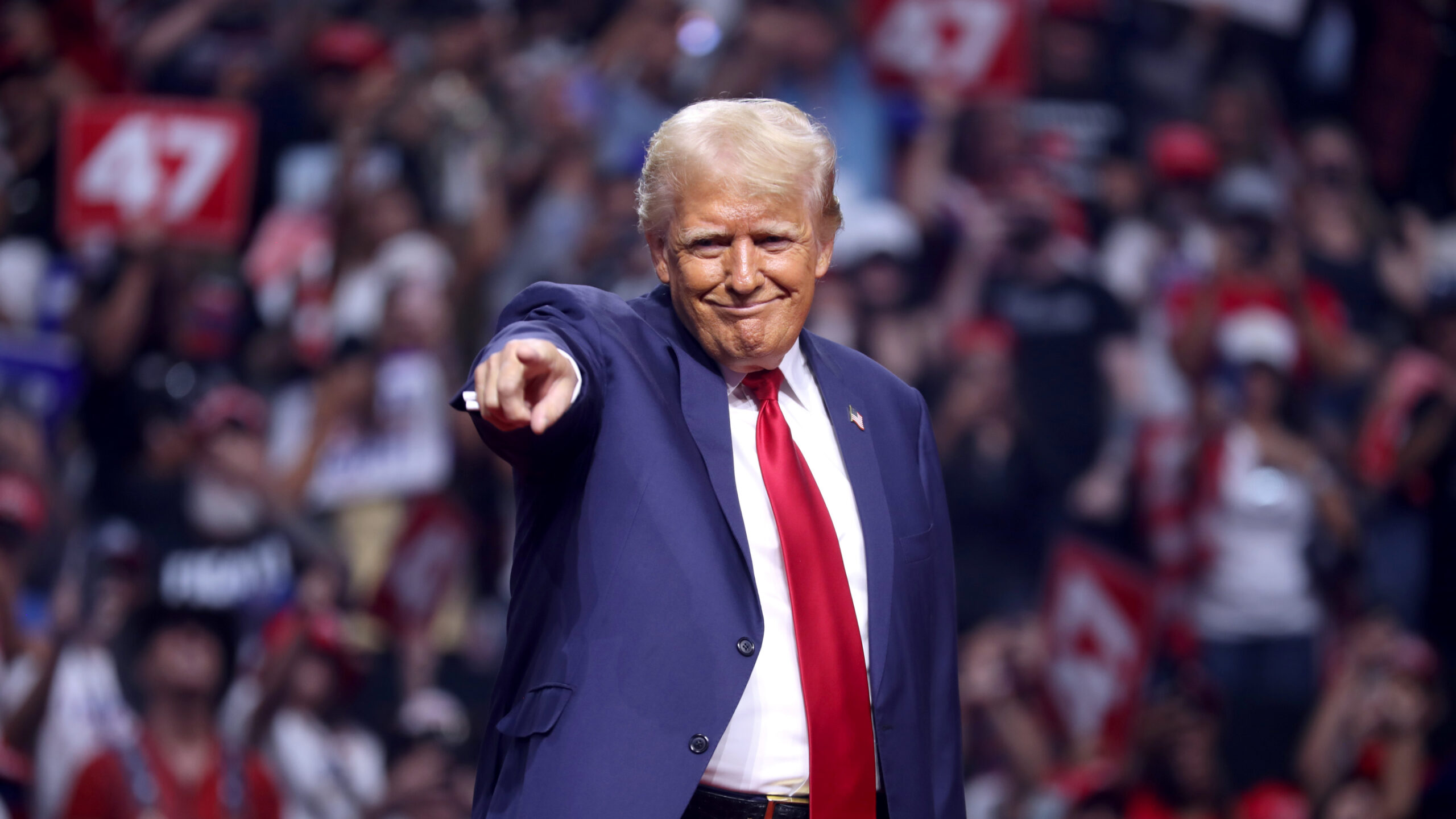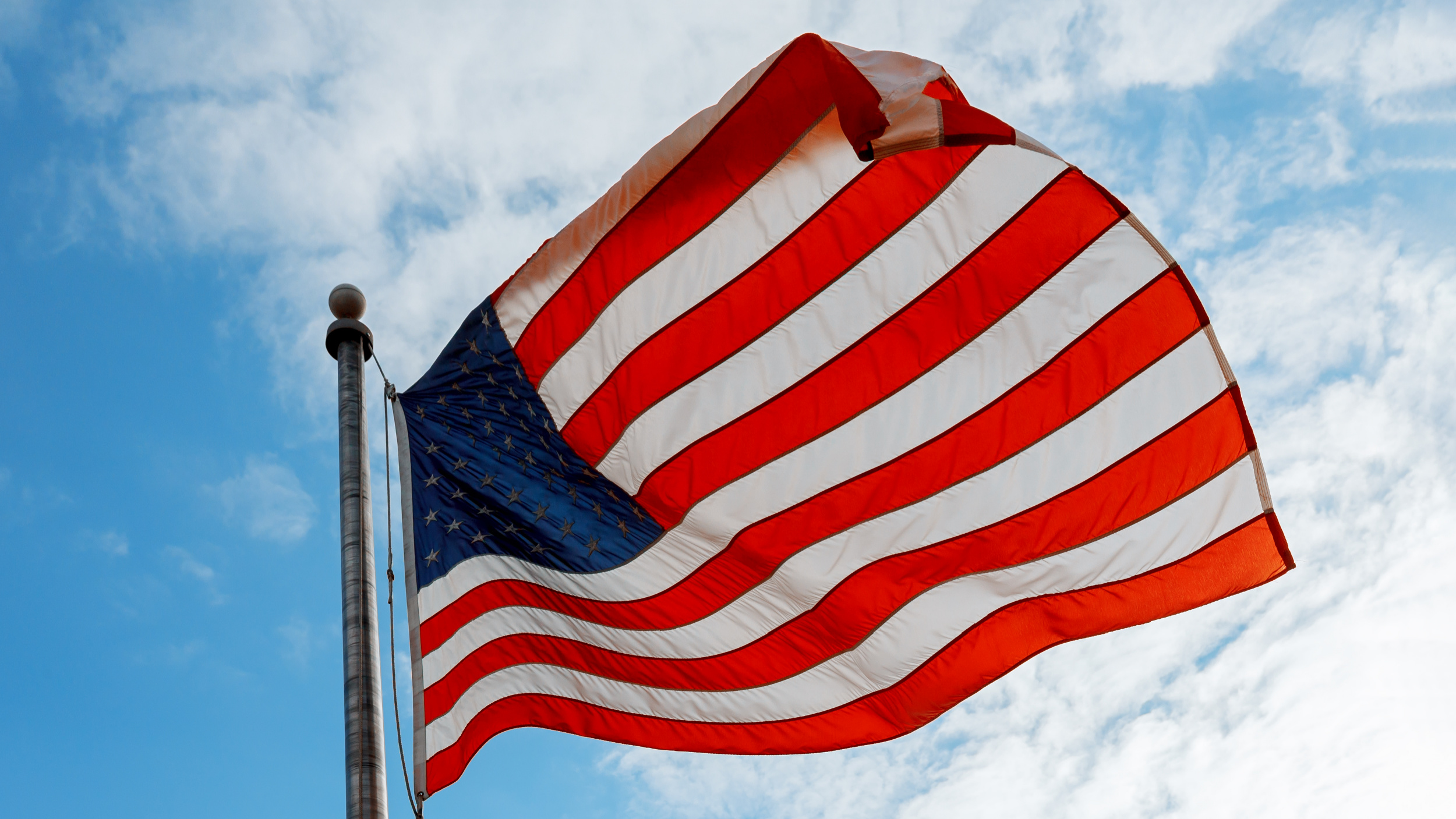By Michael Stumo, CEO of CPA
Fake trade news abounds. Periodically politicians, reporters or pundits who should know better warn of a “trade war”. A trade war, they fret, will happen if the US defends its economic interests by taking action. That action will certainly (or could possibly, maybe, eventually) be found unlawful by a World Trade Organization (WTO) set of unelected lawyers sitting as judges. Their hysteria is always in support of their argument to “do nothing, it’ll all be fine.” The most recent example of this version of Fake Trade News is the media/punditry class’s false assertion that tax reform with border adjustability will violate the WTO and thus start a “trade war”.
The House GOP tax plan could violate the WTO agreement due to its strange version of border adjustability, but it will not start a trade war. Any who assert otherwise should be dismissed as uninformed or special interest hacks.
First, what is a “trade war”? It is a mythical beast conjured to scare Econ 101 students who will never progress to Econ 451. Countries try to damage each other’s trade by imposing tariffs or quotas. Ian Fletcher has written to reveal the myth, stating:
1. No one can actually name a past trade war.
2. The Smoot-Hawley Act of 1930 could not have and did not cause the Great Depression that pre-dated it.
3. The Smoot-Hawley Act raised tariffs on a minority of goods representing 1.3% of GDP by only about nine percent, which is a very small impact overall.
4. The US State Department concluded in 1931 that other countries did not discriminate against US goods as a result, with the possible exception of France.
But let”s assume Trade Wars exist. Is the WTO Dispute Resolution System like a trade war? Well, no.
The WTO Dispute Resolution system, for all its substantial faults, is a long process to determine whether a country has violated WTO rules, to allow voluntary compliance, and to carefully control retaliatory sanctions so they cannot become larger than the initial problem.
There is a long series of steps taking a few years from the initiation of a complaint to the end, assuming the parties do not settle.
First, when one country believes another county has violated WTO rules, that country requests official “Consultations” which last 60 days. If no settlement occurs, then a WTO Dispute Settlement Body (DSB) is established. Next a Panel is established which examines the issues and meets with the parties for at least six months before a report is issued. A few months later the Panel report is issued to the DSB. The parties can appeal the report. A couple months later the DSB issues a decision. Then the parties have a “reasonable period of time” to implement the DSB decision. If there is no agreement, the DSB can authorize targeted retaliatory tariffs that equal the value of the harm from the conduct complained of.
If a country dislikes, for example, an American tax system change, that country cannot simply “start a trade war” by raising tariffs or other barriers targeted to US goods. They have to prove it at the WTO. If the US wins, that is that. If the US thinks it will lose, it can settle the case by changing its laws during the long WTO process. If the WTO rules against the US, the US can decide whether it will change its laws or just decide to deal with the authorized sanctions.
When the WTO [wrongfully] found the US country of origin labeling law violated the WTO agreement, the US Congress quickly changed the law at the urging of multinational meatpacking companies, over the opposition of farm groups.
But when the WTO found that the EU ban on beef grown using hormones was unlawful, the EU decided to simply “eat” the sanctions and not change its law. No trade war ensued, just carefully measured sanctions.
The point is, again, that the pundit class that tries to gin up fear of trade wars are simply wrong.












